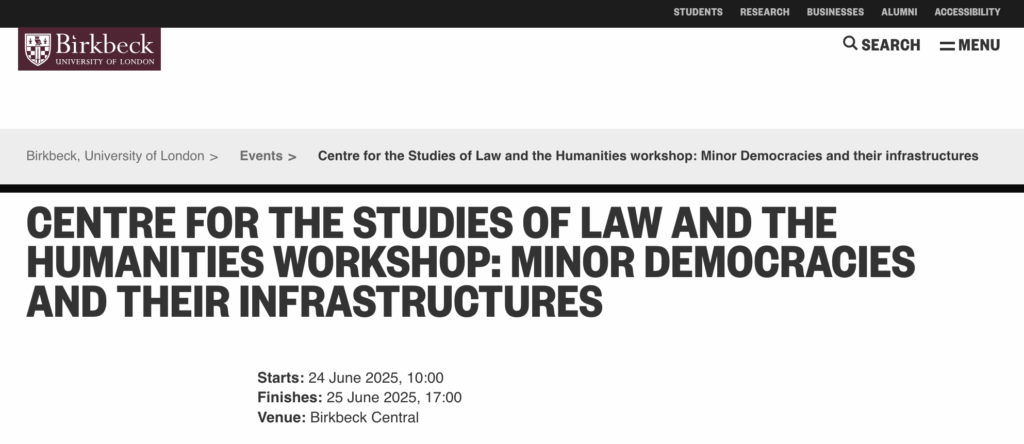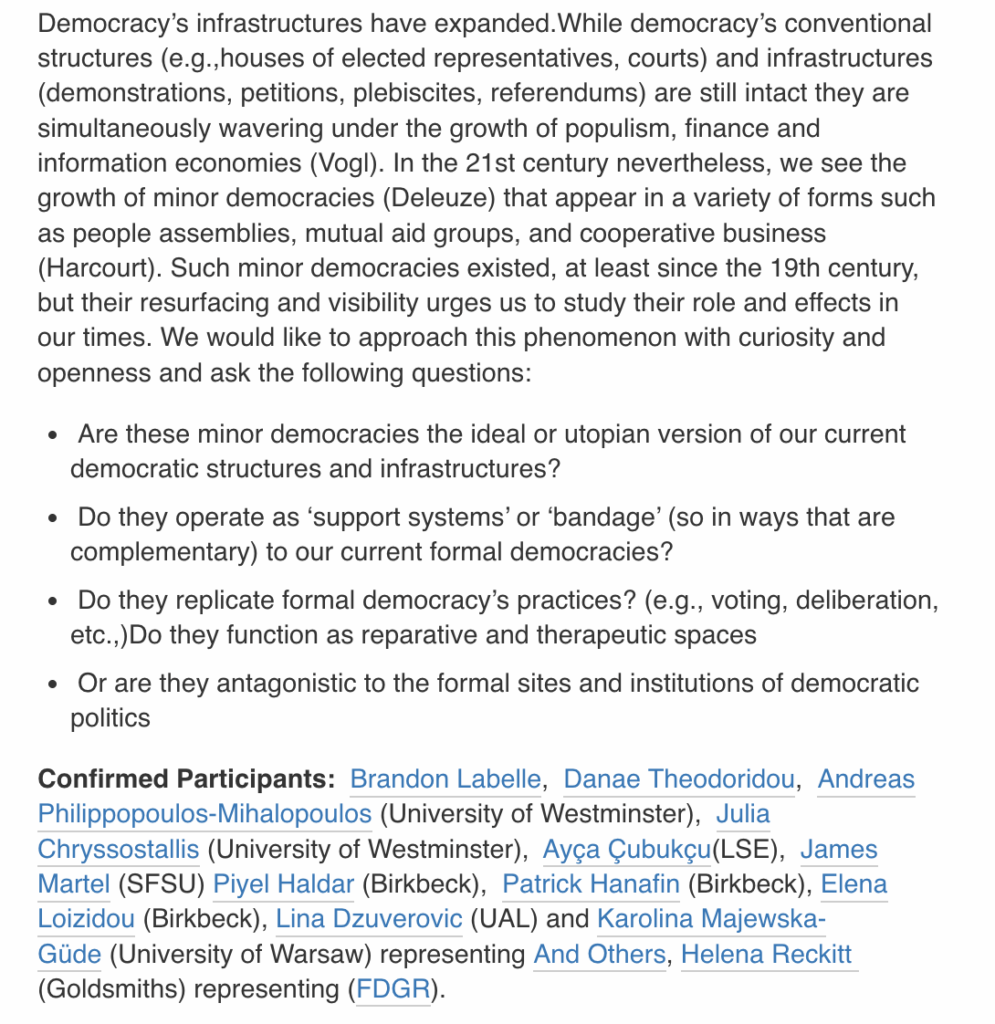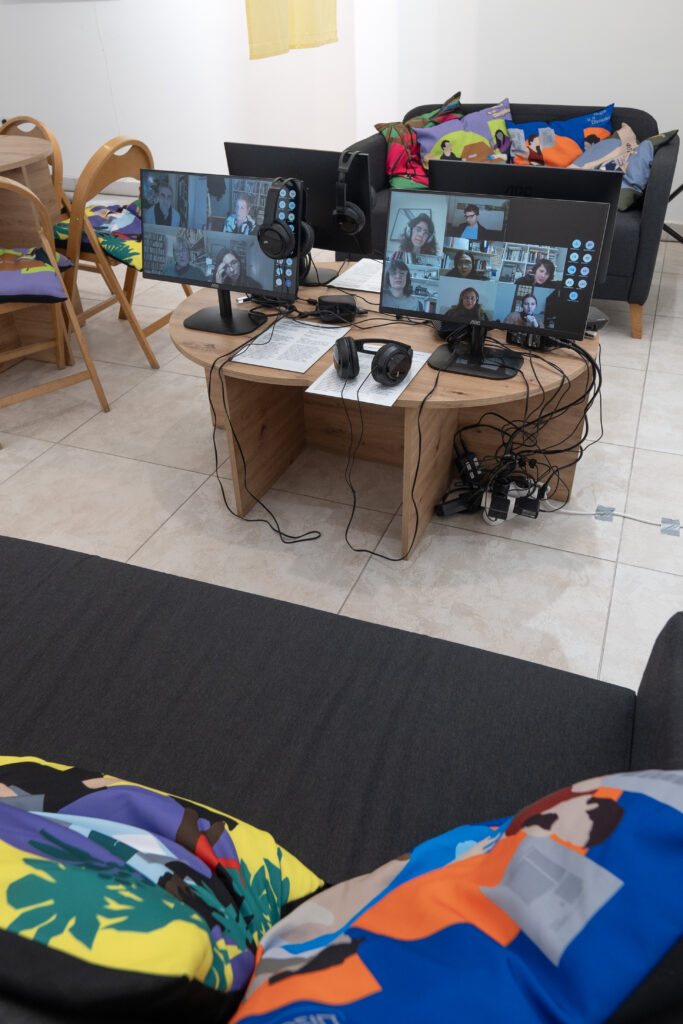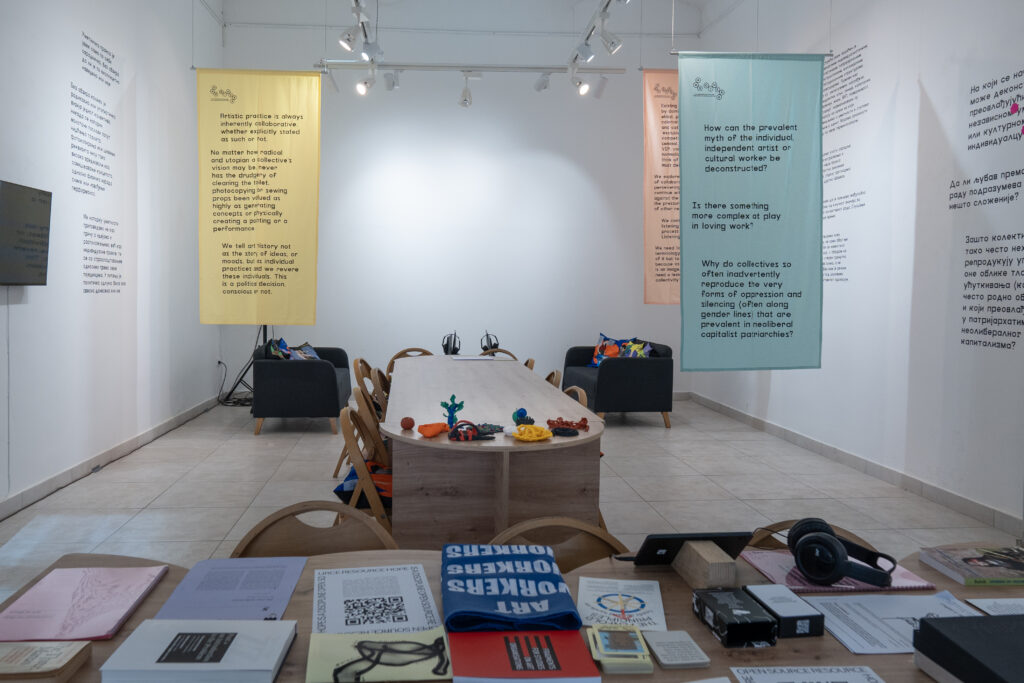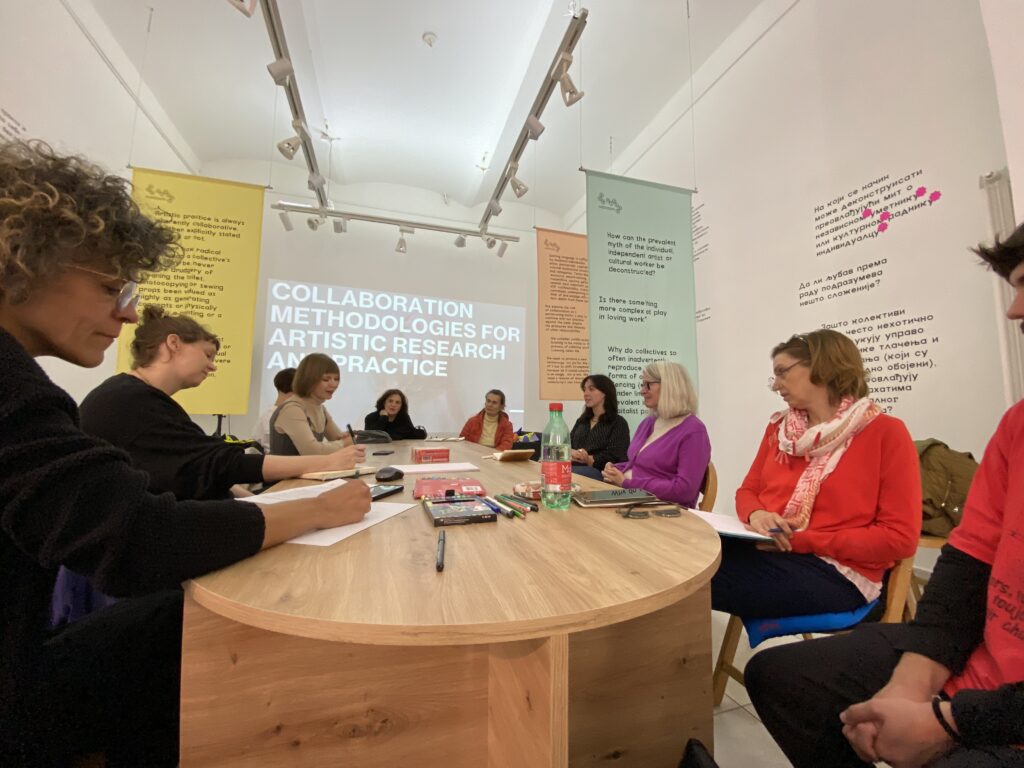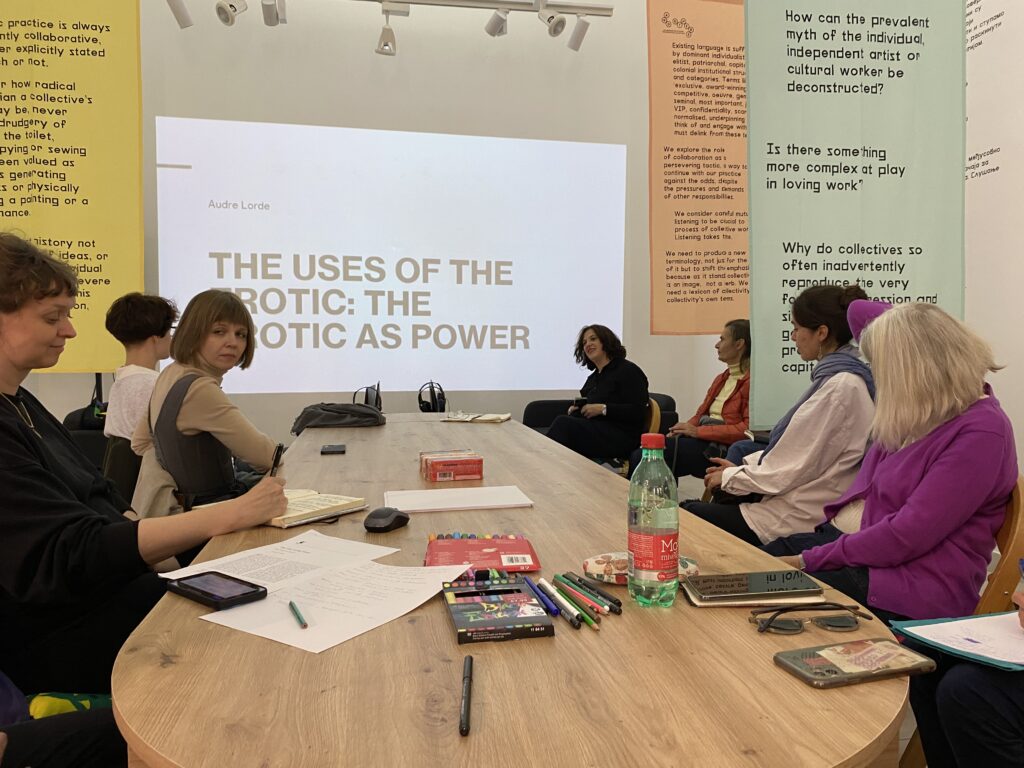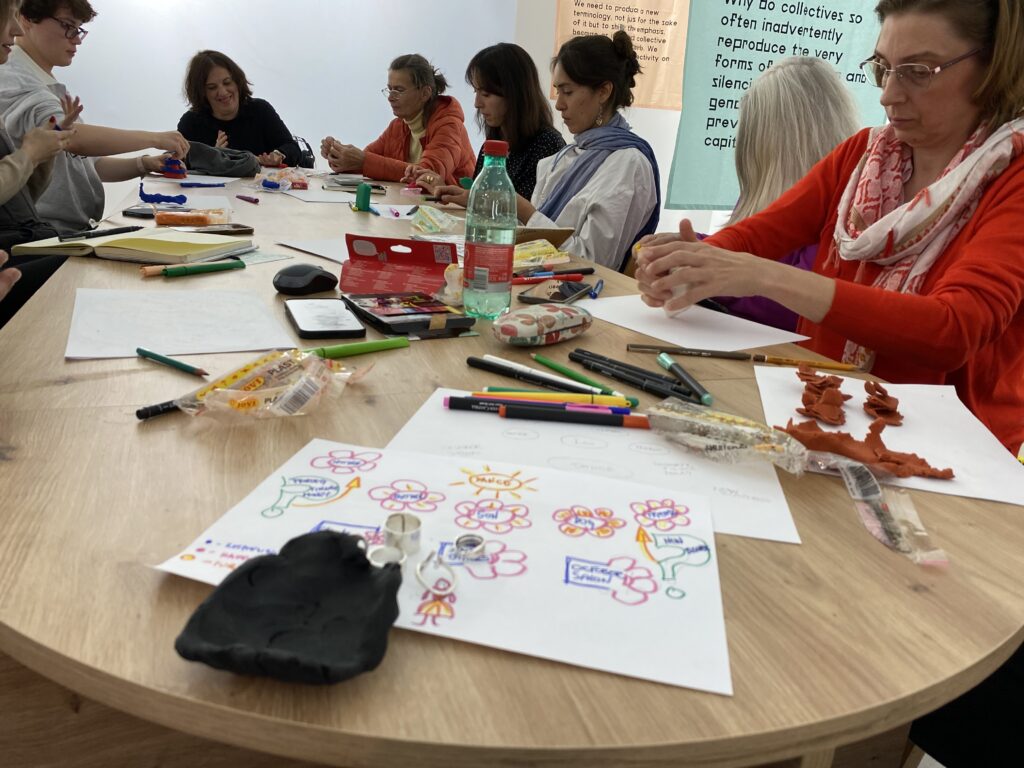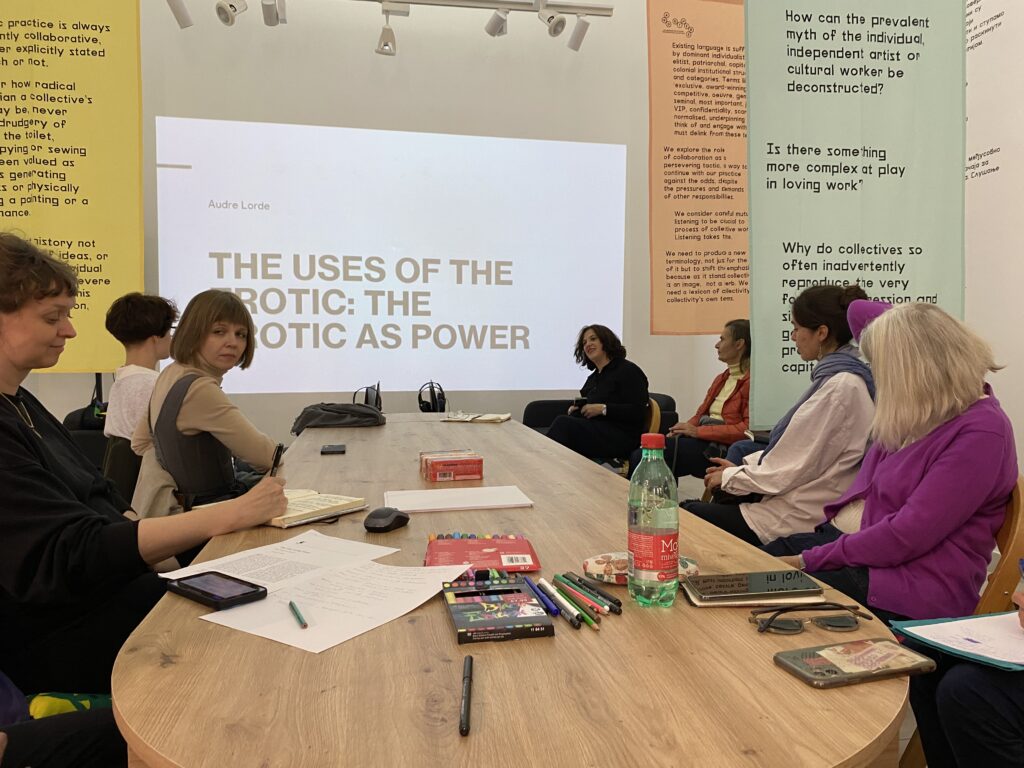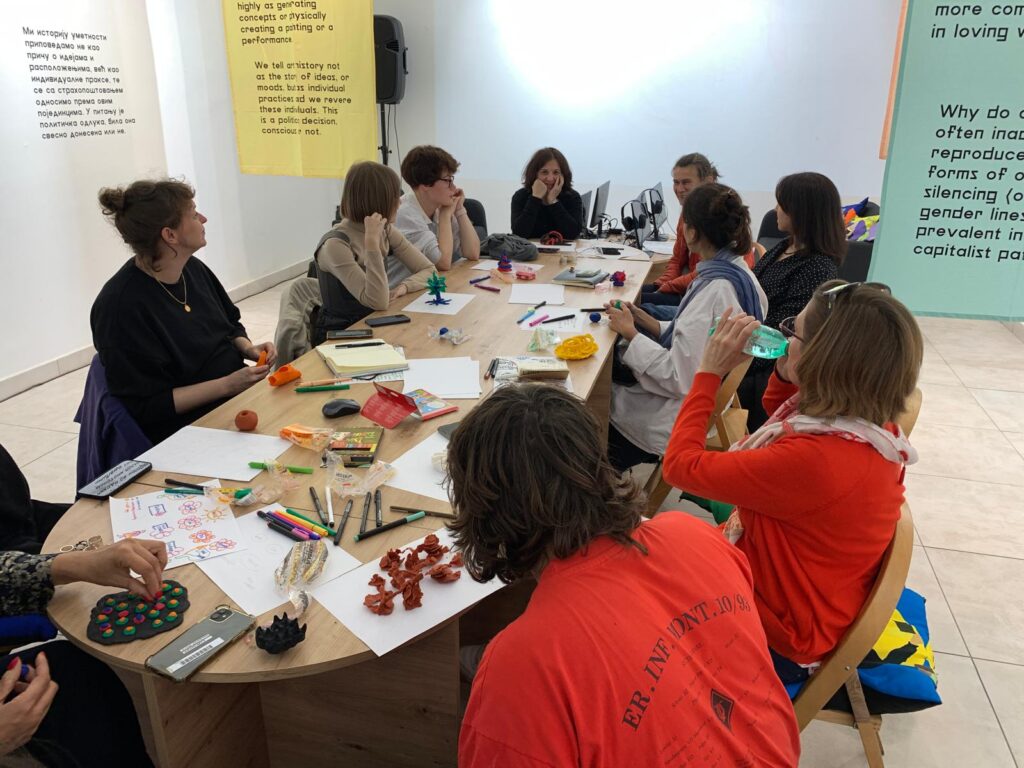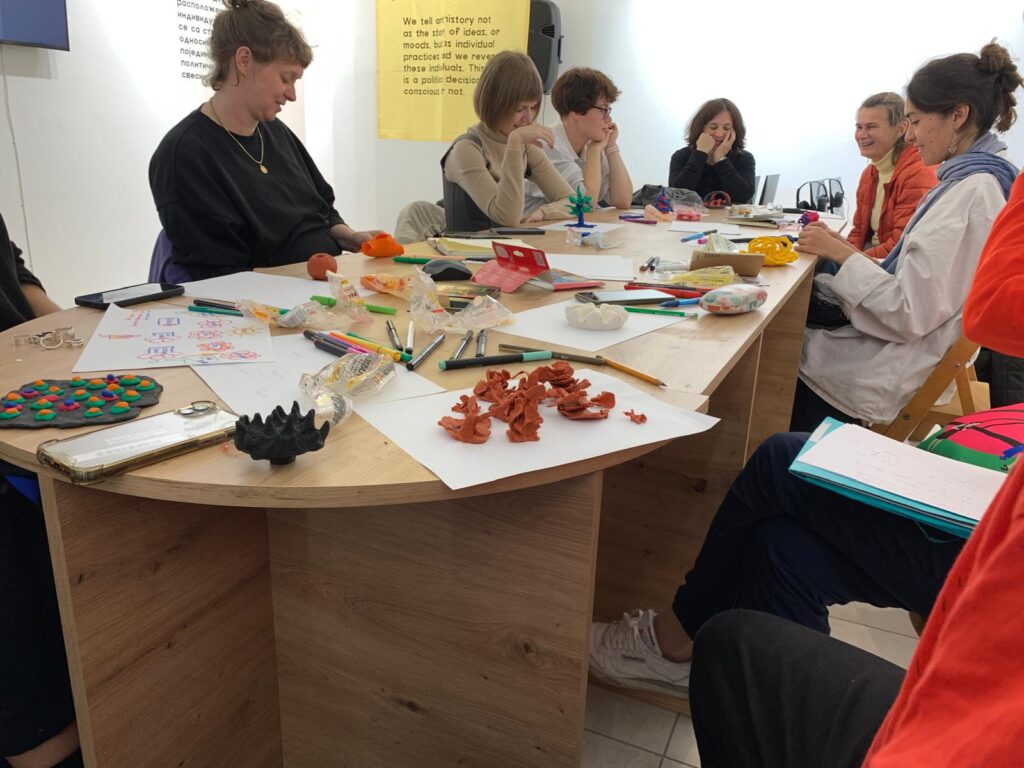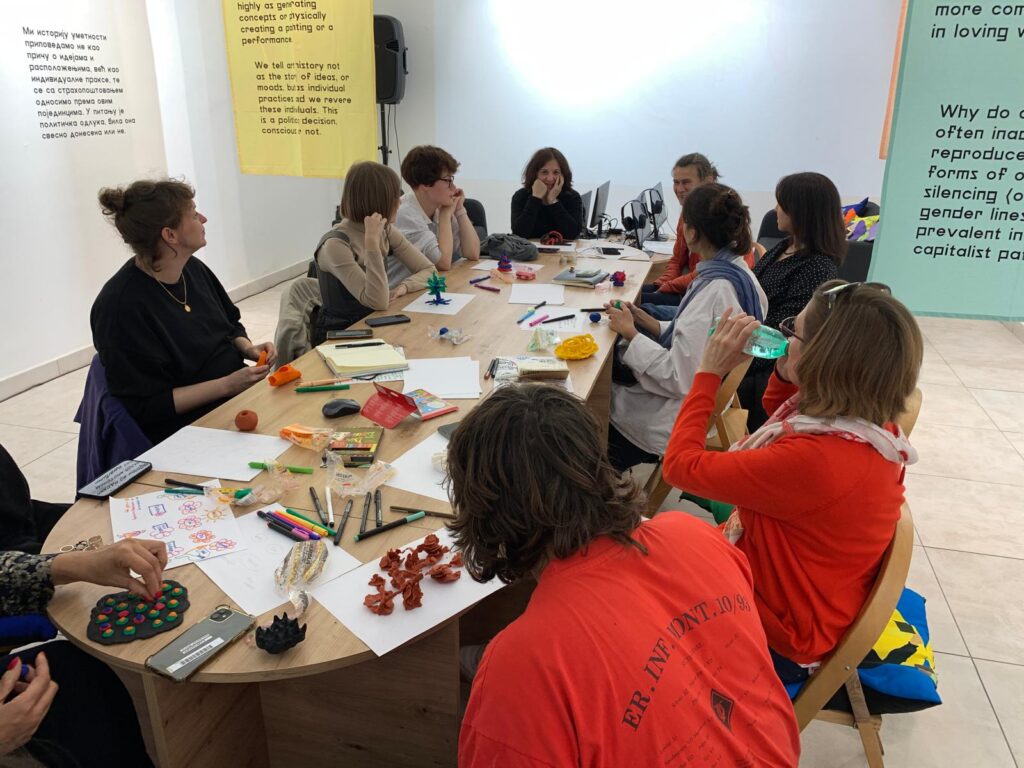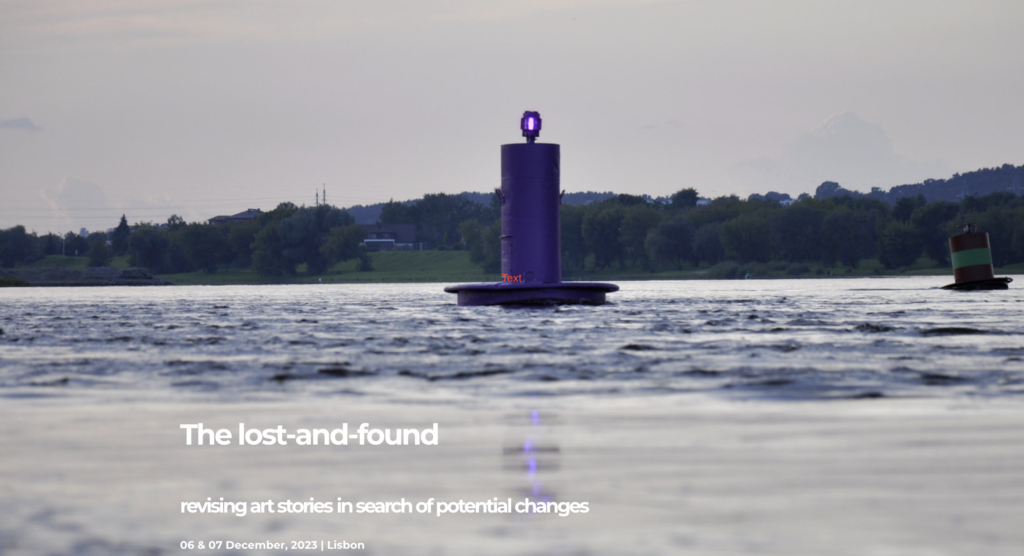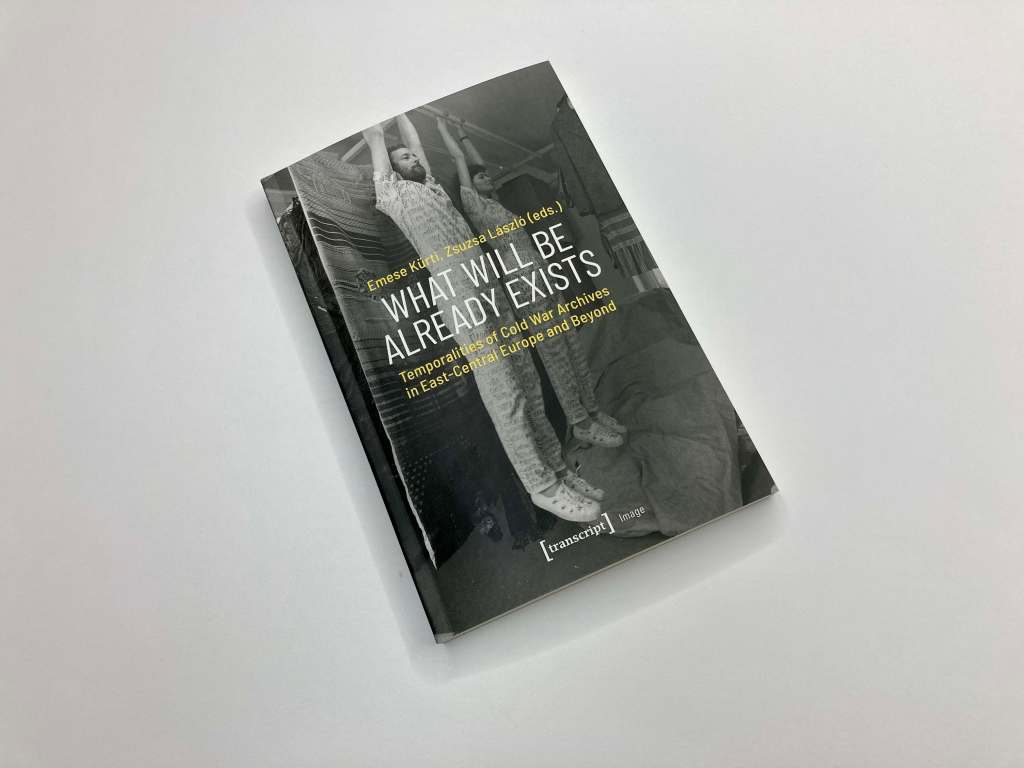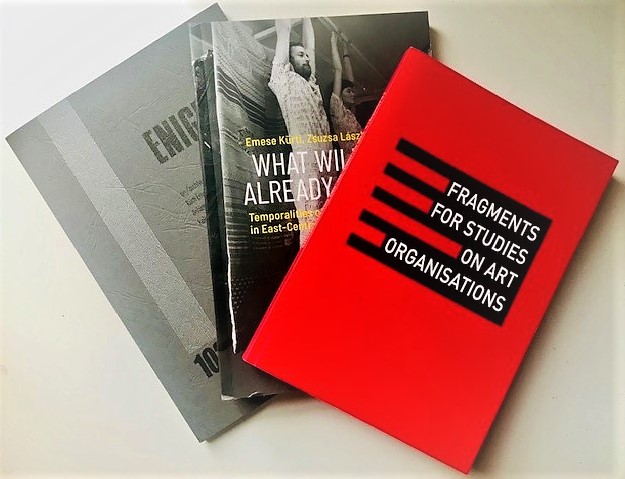MA Curating and Collections, Chelsea College of Arts, UAL
2025 Degree Show
Dates: July 7–12, 2025
Private View: July 7, 6–9pm
Location: Cookhouse Gallery, Chelsea College of Arts, 16 John Islip St, London SW1P 4JU
The MA Curating and Collections course at Chelsea College of Arts, under the leadership of Dr. Lina Džuverović, announces the class of 2025 MA Degree Show titled Now You See: Responding/Ignoring, Remembering/Forgetting, Seeing/Unseeing.
This three-part exhibition is the culmination of extensive student research conducted across three curatorial labs. Among them, And Others Lab investigates labour and value in the art field, as part of And Others: The Gendered Politics and Practices of Art Collectives Lab, led by Dr. Lina Džuverović.
Responding/Ignoring looks critically at the invisible labour in the art world, focusing on the often overlooked yet essential processes of ideation, research, revision, and production. By highlighting the behind-the-scenes labour that sustains artistic practices, the project questions structural inequalities embedded within contemporary art systems, through visual display and workshops developed in dialogue with Bare Minimum Collective and artist José García Oliva.
Curators:
Antonia Mejía Arango, Chuyan Wang, Denise Lin, Jiaqi Cao, Jimin Lee, Junwen He, Marina Quevedo Bermejo, Mingran Zhang, Natalia Godoy, Qingyang Sun, Qinxue Lin, Samuel Weill, Sara Paowana, Shuhui Yang, Tianyi Xie, Yiyang Jiang, Yu Wang, Zeyue Zhang, Zhining Chen

Build-A-Union: A Collective Workshop on Invisible Labour
Date: Tuesday, July 8, 2025
Time: 12:00 PM – 14:00 PM
Location: The Cookhouse (And Others Lab Room), Chelsea College of Arts, UAL
Welcome to the Build-A-Union, a collective, conversation-based public programme presented by And Others Lab as part of the MACC Degree Show 2025. This event invites participants to reflect on invisible labour in the arts, while imagining the structure, values, and demands of a
hypothetical union for cultural workers. Through playful yet critical group activities, we’ll explore how collective action can address issues of unpaid work, care responsibilities, and working conditions often overlooked in the art field.
What will happen:
1. Pass the Helmet
A helmet — symbolizing invisible labour — will be passed around the room. As it moves, each participant will take the floor to express their individual demands as a cultural worker.
2. Caring Together
A 45-minute open discussion shaped around 2-3 key topics relating to care work , labour rights , and collective well-being in the cultural sector. Participants will work in small groups to discuss, reflect, and share .
Free & open to all – sign up via Eventbrite


